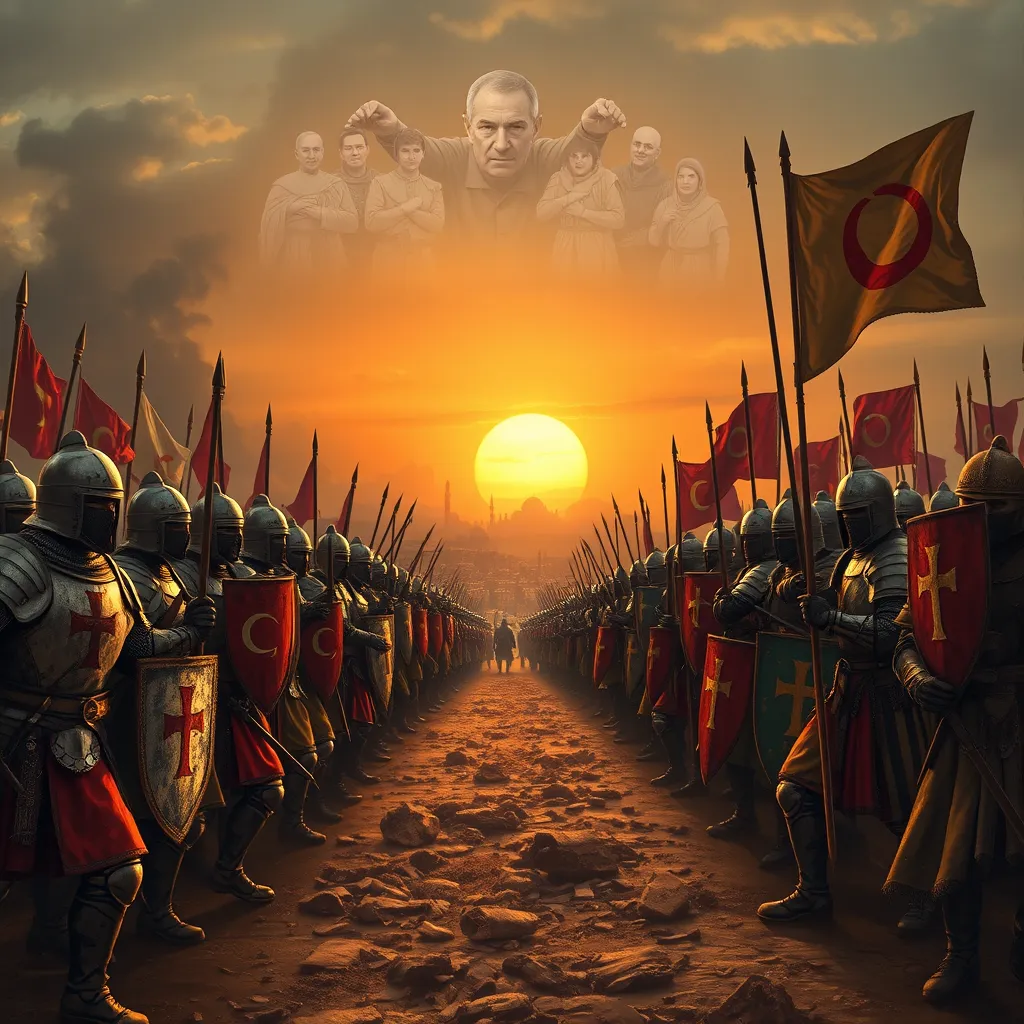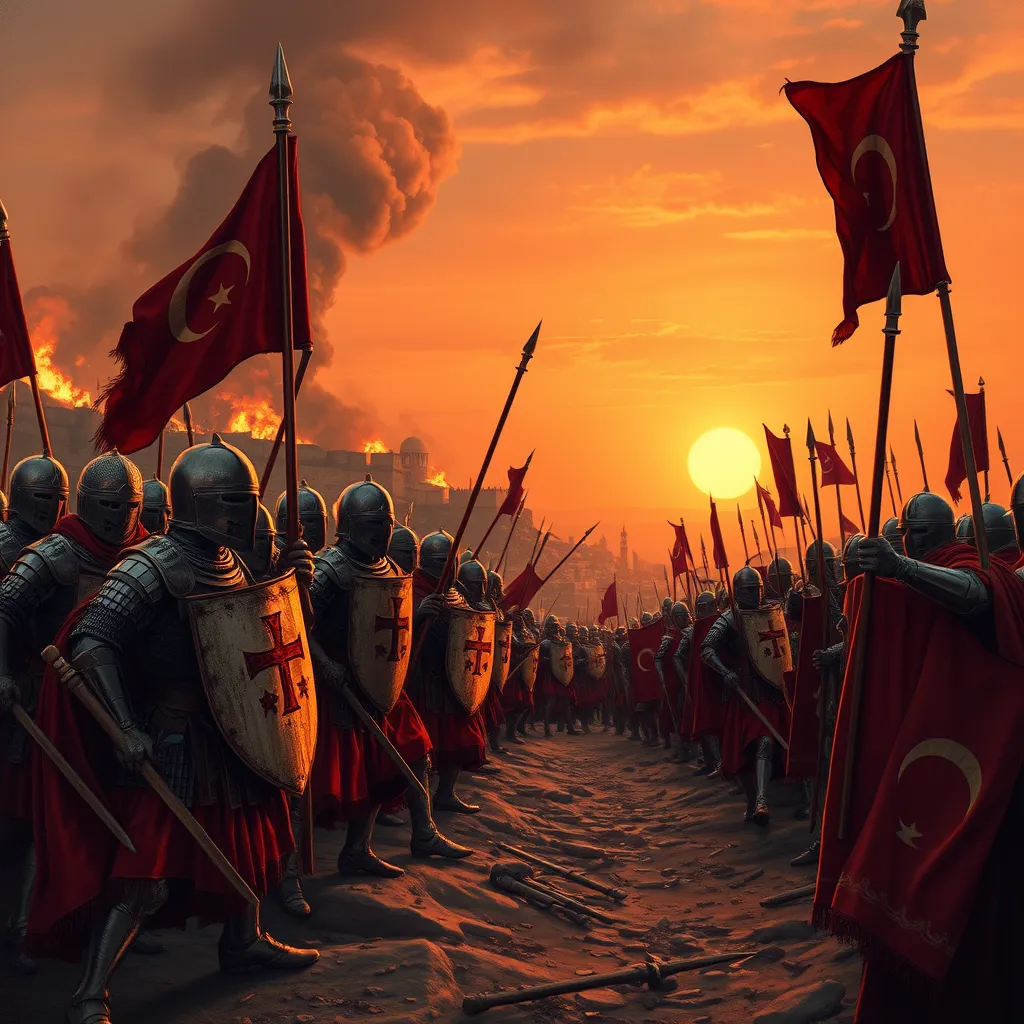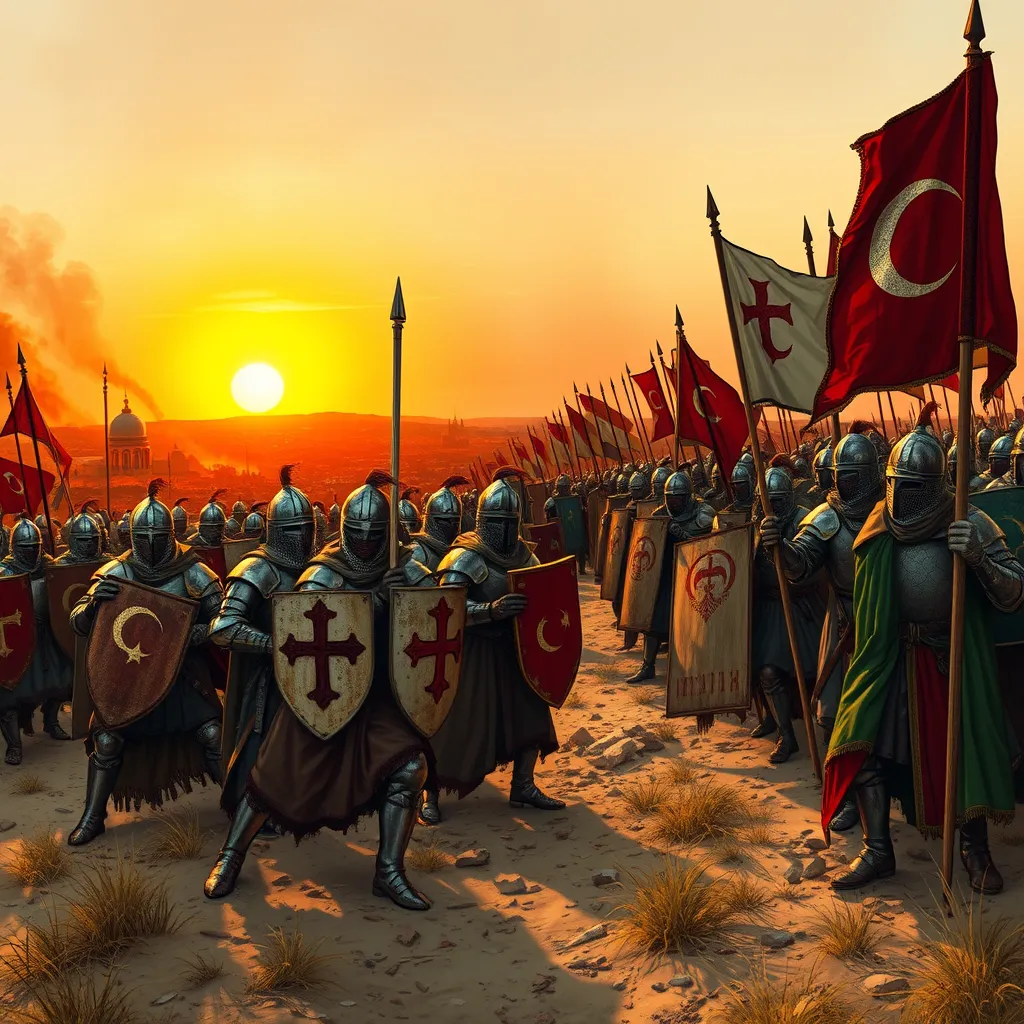In modern times, extremist groups like ISIS have used religion to justify violence, appealing to a sense of holy obligation. However, many scholars argue that the roots of such conflicts lie more in power dynamics, historical grievances, and socio-economic factors than purely in religious ideology. Groups manipulate religious texts and symbols to recruit followers and legitimize their actions, but their actual objectives often revolve around control and dominance, not faith.
The Use of Religion in Colonial Wars
During European colonization, religion was often used as a justification for the subjugation of native populations. Christian missionaries played a significant role in advancing colonial ambitions, converting indigenous populations and spreading European influence. In many cases, religion was a cover for economic exploitation and the establishment of political control. The Spanish conquest of the Americas, for example, was justified by the need to convert the indigenous people to Christianity, but the underlying motives were far more materialistic, focusing on land and gold.

Major Wars Where Religion Played a Role
- The French Wars of Religion (1562–1598): A series of conflicts between Catholics and Huguenots (French Protestants) that resulted in widespread violence and political instability. Although religious differences were at the forefront, the conflicts were also fueled by noble families’ power struggles.
- The Israeli-Palestinian Conflict (1948-present): While often portrayed as a religious conflict between Jews and Muslims, the root causes of this conflict are deeply political, tied to issues of land, national identity, and historical grievances. Religious narratives have been used by both sides to strengthen claims and rally support.
- Partition of India (1947): Religion played a significant role in the partition of India and the creation of Pakistan. The religious divisions between Hindus and Muslims were exploited by political leaders, resulting in one of the largest mass migrations and significant violence.

Beyond Religion: Other Causes of Conflict
As William Cavanaugh argues in his book The Myth of Religious Violence, many so-called religious wars are driven by other factors. Nationalism, ideology, and economic greed often play a more significant role than religion. For instance, conflicts like the Napoleonic Wars or World War II, which had little to no religious motivations, resulted in far more casualties than any religious war in history.
Steven Pinker, in The Better Angels of Our Nature, similarly downplays religion as a primary cause of history’s deadliest conflicts. His analysis of major atrocities includes very few that were primarily driven by religious motives. Instead, Pinker points to ideologies such as Marxism and nationalism as far greater sources of violence.
Conclusion: Humans, Not Religion, Drive Wars
While religion has been used as a tool or justification in many conflicts, it is rarely the primary cause. Wars are almost always multifaceted, driven by a mix of political, economic, and social factors. The manipulation of religious beliefs by those in power has often turned what could have been a political conflict into a religious one. In the end, it is human ambition and the quest for power, not religion itself, that fuels most wars.
Religion’s role in warfare reflects more on human nature and the ability of individuals to exploit belief systems for their own ends than on the faiths themselves. As history shows, whether in the Crusades, the Thirty Years’ War, or modern conflicts like those in the Middle East, religion can be a tool for unity or division—but it is the hands that wield it that determine its impact.

FAQs
1. Is religion the main cause of most wars in history?
No, studies indicate that less than 7% of recorded conflicts have been primarily caused by religion. Most wars are driven by political, economic, or ethnic factors, with religion often used as a justification or rallying point.
2. What are some examples of religious wars?
Some notable religious wars include the Crusades, the Thirty Years’ War, and the French Wars of Religion. However, these conflicts also involved significant political and economic motivations.
3. How is religion used to manipulate people during conflicts?
Leaders and groups often use religion to justify their actions, recruit followers, and legitimize their goals. By invoking divine will or religious duty, they can rally support for conflicts that may have more to do with power, territory, or resources than faith.


